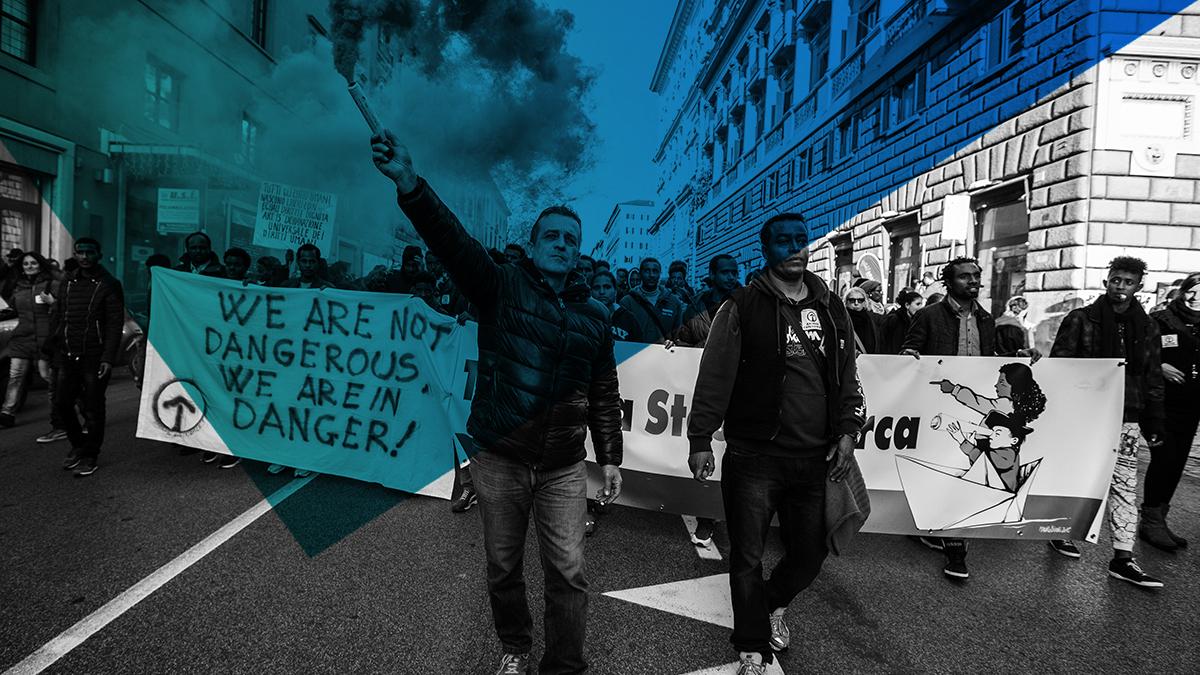Trust is in crisis globally, with 19 of the 28 countries we poll annually now distrusting states. Trust in the four institutions of business, government, media and NGOs have all declined this year with media witnessing the biggest falls.
These are the broadest declines we have seen since we started tracking the general population back in 2012. The only year we saw similar widespread declines in the trust study was after the global financial crisis of 2008, so the fact that economies have been broadly stable this year points to a new cause. We have labelled this “the system is failing,” and its effects can most obviously be seen in the election of Donald Trump and the vote for Brexit. Even in countries where trust in the four institutions remains positive, when asked about their sense of justice, hope, confidence and belief in the “system” and its ability to change for the better, more than half (53 percent) of respondents responded negatively.
Equally concerning is a six-point increase in the ‘trust gap’ (from 9 percent to 15 percent) from 2012 and 2017 between the informed public (top 13 percent of global population) and the mass population (remaining 87 percent). That gap is now widely credited as a leading cause of the rise of populism in a number of countries — accepted wisdom now, but not so much last year when we published these figures.
So our new data on the “fears” and the “lack of faith in the system” that appear to drive populism should perhaps be watched as a new lead indicator. This year we looked at how concerned people are with corruption, globalization, eroding social values, immigration and the pace of innovation. We also asked them about their “belief in the system.”
On the chart below, South Africa is the only market from our region where the general population have multiple fears and a belief that the system is failing them. Interestingly, India, a country where the Trust Index (average trust in the four institutions of government, media, business and NGOs) is the highest, shows the “full-house” of the five. Compare this to Germany, which displays none of the five fears and yet is highly distrusting of its institutions. Social homogeny, culture, politics and history all play parts in driving or restraining populism it would seem from these two contrasting examples.
The increase in the trust gap between the informed public and mass population and our new measures showing a lack of faith in the “system” among the general population point to an increasingly fertile breeding ground for new types of populism, and while it is true that much of this is centered on western democracies, events in places like the Philippines demonstrate this is not exclusively the case.
That said, in the chart above, the top eight markets that have retained “faith in the system” are in this region and generally things appear not quite so bleak trust-wise as, on average, the region remains a neutral one (52 percent).
The five most trusting countries are all from this region; CEOs have more credibility here (four of the top five markets); we have the top five markets for trust in media; the top five markets for trust in government; three of the top four markets for trust in NGOs and four of the top five markets for trust in business. As always, whenever economies are growing and where people believe that the “system” is generally delivering for them and their families, they confer trust on the institutions that got them there. The opposite is also true.
However, the world is not flat and there is no such country as Asia Pacific, Middle East & Africa and so we have produced this booklet again, in which we look at the broad themes as well as the specific trust issues emerging in 11 countries across the region. Each story is very different and for businesses trading and operating in these markets, a custom trust-building approach will be required. These essays are a fascinating introduction to that; but please do connect with the Edelman General Manager in your market to learn more or see the detailed market data and discuss your best approach to building trust.


